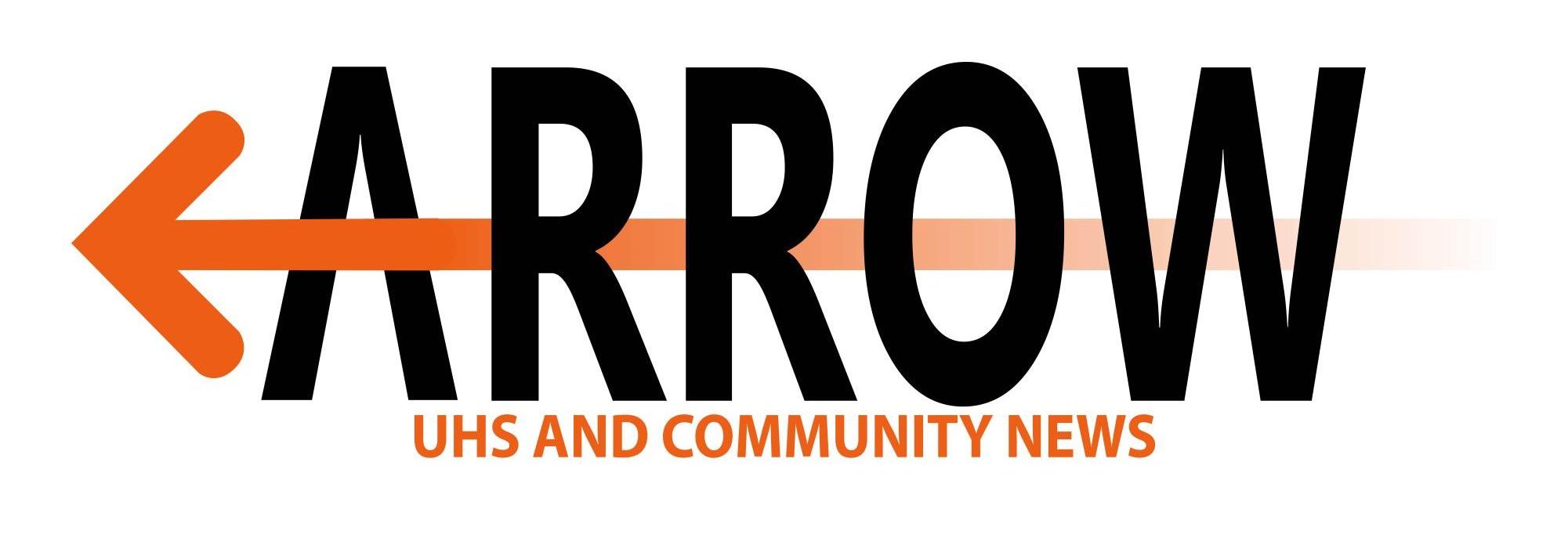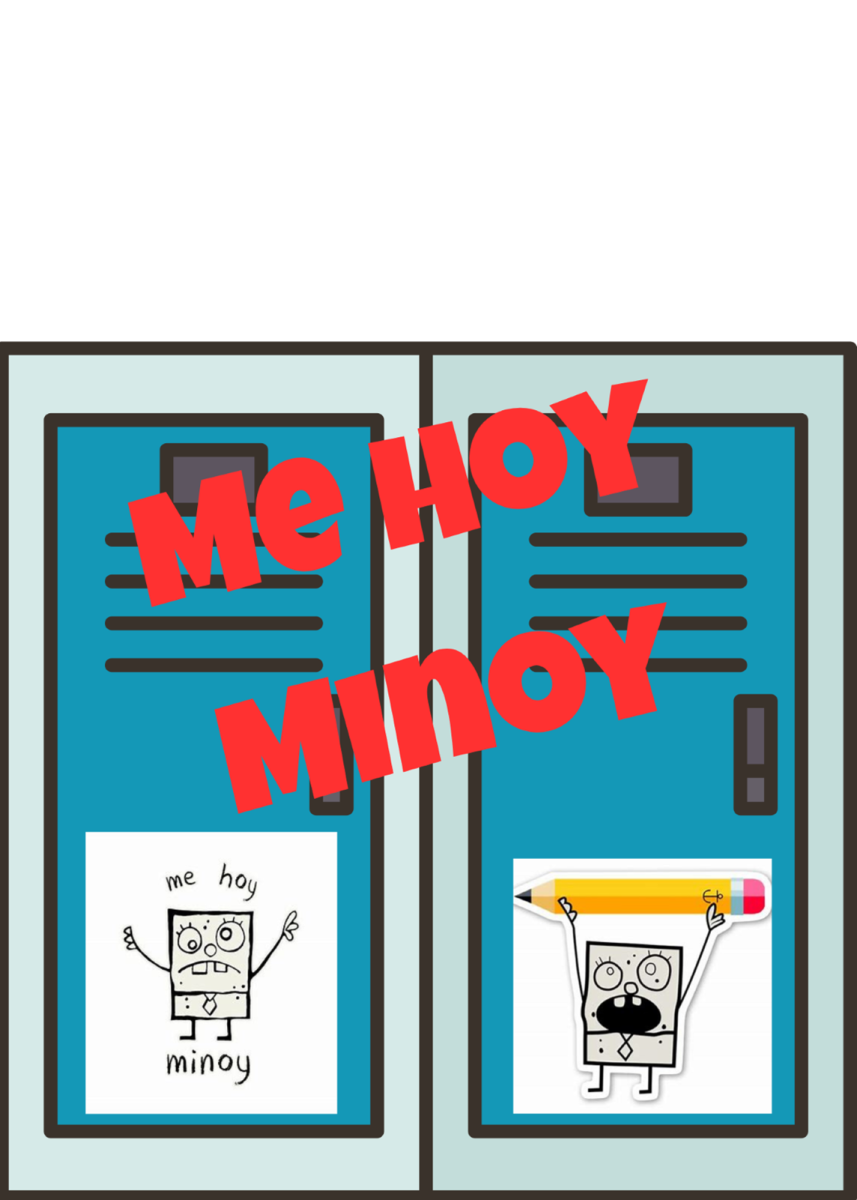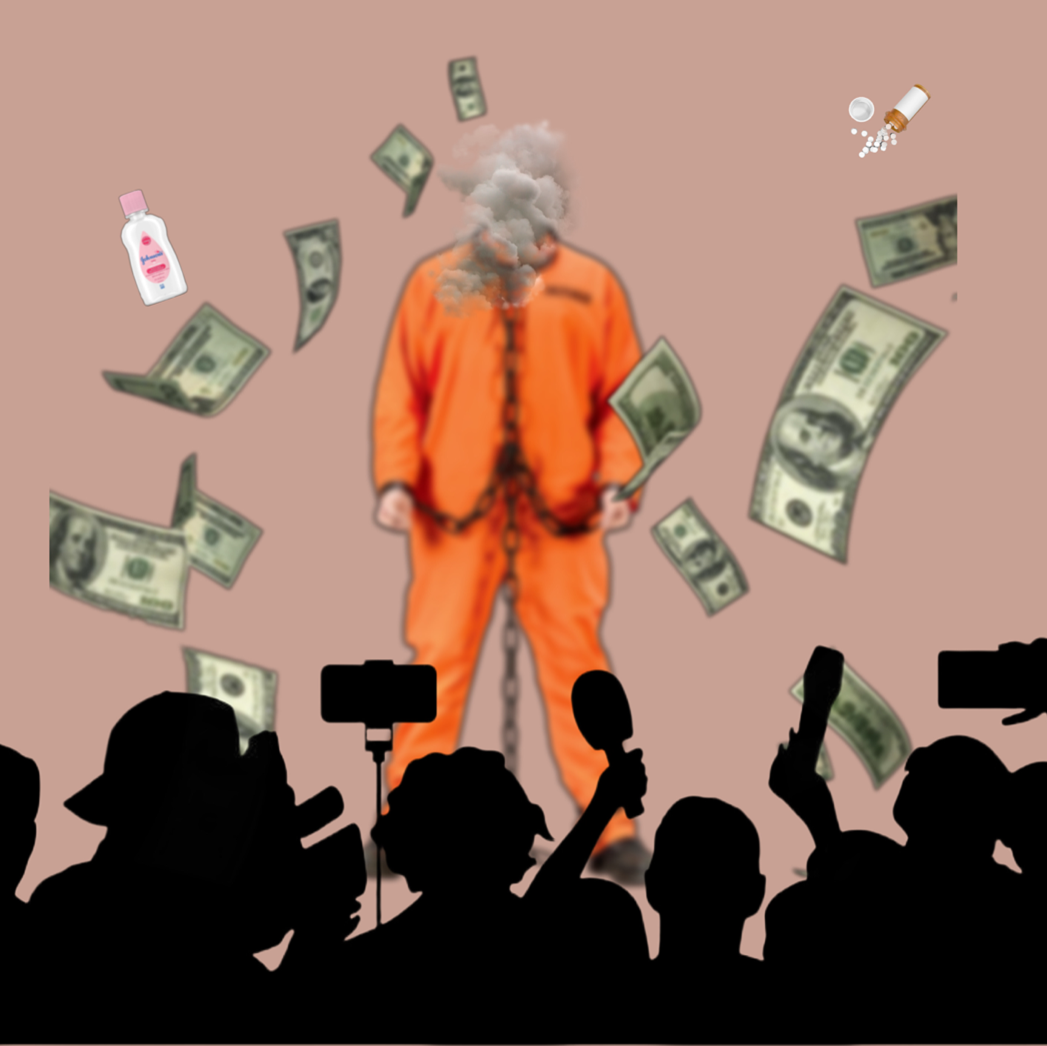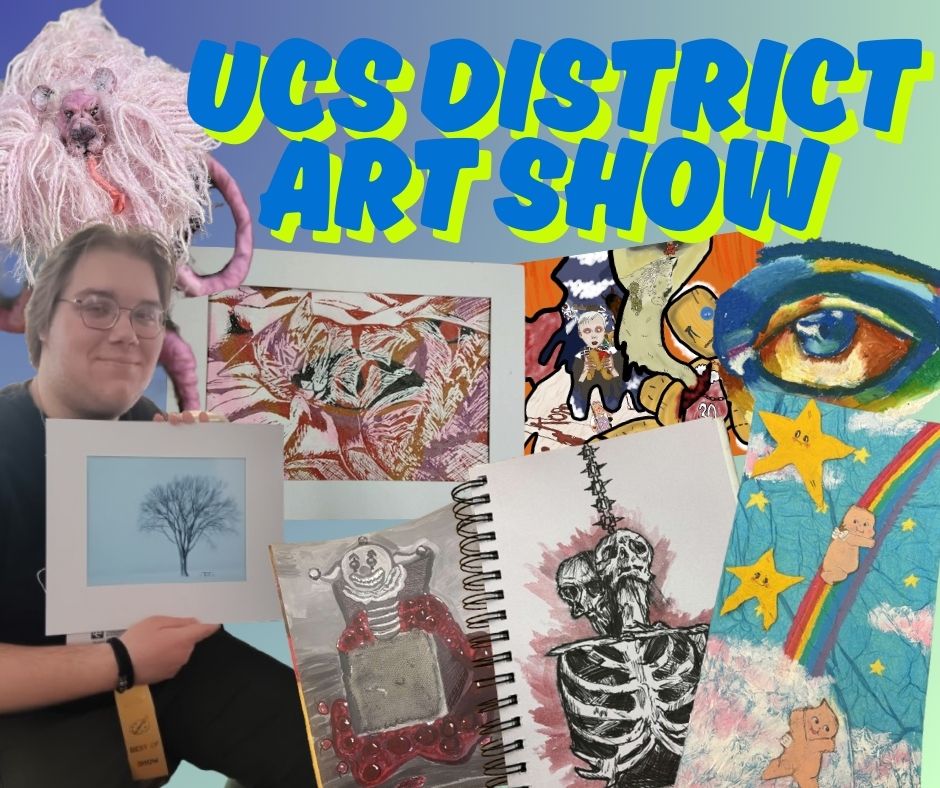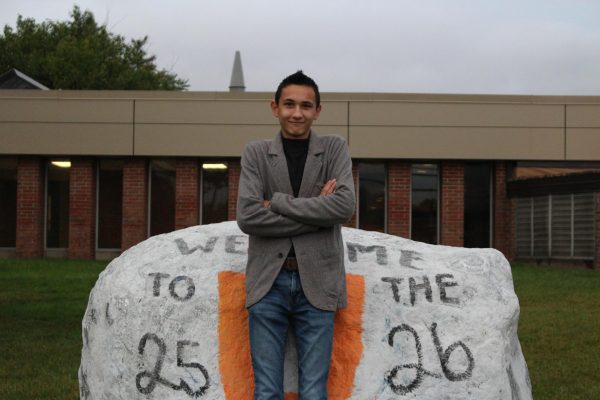Easter is a very important holidays for many as it symbolizes the resurrection of Jesus Christ and the promise of new life, but what is history the of Easter and its traditions?
History and Meaning of the name Easter is of uncertain origin, one possible origin (explained by Venerable Bede in the 8th century) was that it derived from an Anglo-Saxon goddess named Eostre that was associated with Spring and Fertility. In Germany, the festival is called Ostern (which also similar with the name easter) named after another goddess named Ostara.
Easter Celebrates the Resurrection of Jesus Christ on the third day after his Crucifixion, and it also celebrates new life. the celebrations of Easter were also thought to be started with Pagan Celebrations, and In the Roman Catholic tradition the vigil has four parts. In Eastern Orthodox branches of Christianity, Easter Sunday serves as the start of the season of Pascha (Greek for “Passover”), which ends 40 days later with the holiday known as the Feast of the Ascension.
Lent starts on Clean Monday 40 days before Easter Sunday and celebrates the struggles Jesus went through; it is tradition to give something up for the whole period of lent such as penance or fasting. The final week of Great Lent is called Palm Week, ending with Lazarus Saturday the day before Palm Sunday.
Other important days near Easter include Palm Sunday, which is celebrated by most religious on the Sunday before Easter. Easter is immediately preceded by Holy Week, which includes Maundy Thursday, the commemoration of Jesus’ Last Supper with his disciples; Good Friday, the day of his Crucifixion; and Holy Saturday, the transition between Crucifixion and Resurrection, and Ash Wednesday, a day of prayer and fasting, also Easter is associated with the Jewish holiday of Passover and The Last Supper, which is a Passover feast.
Many of the traditions and symbols that play a key role in Easter observances have roots in pagan celebrations—particularly the pagan goddess Eostre, and in the following symbols.
Easter Eggs are thought to be symbols of new life at Springtime; they have symbolized birth and fertility in many pagan traditions and many other religions adopted the tradition of decorating easter eggs as a symbol of an empty tomb. Churches prohibited the eating of eggs during holy week; Holy week eggs are eggs that are laid by chickens during holy week and are decorated and then eaten on Sunday
The Easter Bunny Is thought to be a symbol of new life at springtime, especially because baby bunnies are born in the springtime, the tradition was also thought to be brought to America from German Immigrants In the 1700s.
Egg Rolling is an event where children and their parents were invited to roll their eggs on the Monday following Easter, An example of this is the White House Egg Rolling, which is an easter egg hunt which then after finding all the eggs they do the rolling, it originally was at the U.S Capitol but then was moved to the white house because of fear that the amount of foot traffic would damage the grounds.
Some Modern-Day Celebrations of Easter include, Easter egg hunts, candy, eggs, and other symbols along with toys are used for today’s celebrations, which can total over 14 billion dollars, it is also customary for family and friends to celebrate the day by gathering at church and then having a party at someone’s house, and the holiday is celebrated by almost everybody.
The history of easter is important to really appreciate easter and is celebrated globally with different traditions around the world and it is also an important and one of the most joyous times of year for religions.
References / Sources:
The Bible (NIV)
https://www.britannica.com/topic/Easter-holiday
https://www.history.com/articles/history-of-easter
https://www.discoververmilion.org/news-and-events/news/params/post/4151354/the-history-of-easter
https://www.christianity.org.uk/article/the-history-of-easter


